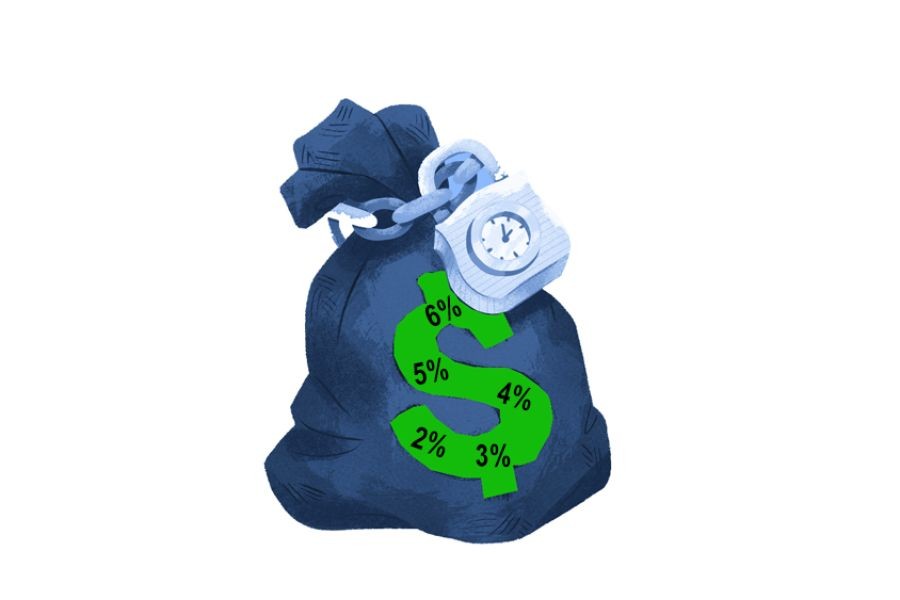In the realm of global criminal justice systems, New Zealand stands as a unique case study in balancing rehabilitation and punishment. As we delve into how New Zealand's criminal justice system compares with the rest of the world, it's essential to understand the nation's distinctive approach and its implications on both societal harmony and economic stability.
Understanding New Zealand's Criminal Justice Philosophy
New Zealand's criminal justice system is often lauded for its restorative justice practices. These methods focus on rehabilitating offenders through reconciliation with victims and the community. This philosophy is rooted in Māori principles, which emphasize the restoration of balance and harmony.
In New Zealand, restorative justice conferences are a common practice, allowing offenders to understand the impact of their actions directly from victims. This approach has shown promising results, with a 2018 report from the Ministry of Justice indicating that offenders who participated in restorative justice were 23% less likely to reoffend within 12 months.
Global Context: Where New Zealand Stands
On a global scale, New Zealand's focus on rehabilitation sets it apart from countries like the United States, which primarily emphasize punitive measures. The incarceration rate in New Zealand is significantly lower than in the U.S., with Stats NZ reporting a rate of 202 per 100,000 people compared to the U.S.'s over 600 per 100,000.
New Zealand's system is also more lenient compared to countries with harsh penalties like Singapore, where drug offenses can lead to the death penalty. Instead, New Zealand opts for drug courts and treatment programs aimed at addressing addiction as a health issue rather than a criminal matter.
Case Study: The Impact of Restorative Justice
Case Study: New Zealand's Restorative Justice in Action
Problem: A 2017 report highlighted that New Zealand faced rising youth crime rates, with many young offenders becoming repeat criminals.
Action: The government introduced more comprehensive restorative justice programs in schools and communities, focusing on early intervention and education.
Result: By 2020, youth reoffending rates had decreased by 26%. This success is attributed to the tailored approach of addressing the root causes of crime, such as family issues and education gaps.
Takeaway: New Zealand's model showcases the potential benefits of restorative justice, emphasizing early intervention and community involvement in reducing crime.
Economic Implications for New Zealand
The impact of New Zealand's criminal justice system extends beyond social outcomes to significant economic implications. By focusing on rehabilitation and reducing reoffending rates, New Zealand alleviates the financial burden on its prison system.
The Department of Corrections reports that it costs approximately NZD 91,000 per year to incarcerate one prisoner. By reducing the prison population through effective rehabilitation programs, New Zealand is potentially saving millions annually. This economic relief allows for better allocation of resources towards education and healthcare, further strengthening the national economy.
Debunking Myths: Common Misconceptions About New Zealand's System
Myth: "Restorative justice is too lenient and ineffective."
Reality: Studies show that restorative justice in New Zealand has led to lower reoffending rates and higher victim satisfaction compared to traditional punitive measures (Source: Ministry of Justice).
Myth: "New Zealand's crime rates are high due to lenient policies."
Reality: New Zealand's crime rates have been decreasing, with violent crime down by 20% over the past decade (Source: NZ Police Report).
Myth: "Rehabilitation is more expensive than incarceration."
Reality: The long-term savings from reduced reoffending and lower incarceration rates outweigh the initial costs of rehabilitation programs (Source: Department of Corrections).
Challenges and Criticisms
Despite its successes, New Zealand's criminal justice system is not without its challenges. Critics argue that while restorative justice is effective, it may not be suitable for all types of crime, particularly violent offenses. Additionally, there are concerns about the consistency of its application and the need for more resources to support these programs adequately.
Furthermore, racial disparities persist, with Māori disproportionately represented in the prison population. This highlights the need for culturally sensitive approaches and increased community engagement to address underlying social issues.
Future Trends and Predictions
Looking ahead, New Zealand is poised to further integrate technology into its criminal justice system. Predictive analytics and AI tools are being explored to enhance decision-making processes in parole and sentencing, aiming to reduce human bias and improve outcomes.
By 2026, it's predicted that New Zealand will see a 15% reduction in incarceration rates due to these technological advancements and continued emphasis on rehabilitation (Source: MBIE Future of Justice Report 2023).
Final Takeaways
- Restorative justice reduces reoffending: New Zealand's focus on rehabilitation leads to lower crime rates and enhances community safety.
- Economic benefits: Effective rehabilitation saves on incarceration costs, allowing for better resource allocation.
- Challenges remain: Addressing racial disparities and ensuring consistent application of justice are critical areas for improvement.
- Technological integration: The future of New Zealand's criminal justice system involves leveraging AI for more equitable outcomes.
As New Zealand continues to evolve its criminal justice system, the lessons learned can serve as a model for other nations seeking balance between punishment and rehabilitation. What are your thoughts on New Zealand's approach? Share your insights below!
People Also Ask (FAQ)
- How does New Zealand's criminal justice system impact businesses?By reducing crime rates through rehabilitation, New Zealand creates a safer environment for businesses, enhancing investment and economic growth.
- What are the biggest misconceptions about New Zealand's criminal justice system?A common myth is that it's too lenient. However, evidence shows it effectively reduces reoffending rates compared to punitive systems.
- What upcoming changes could affect New Zealand's criminal justice system?The integration of AI and predictive analytics by 2026 could revolutionize sentencing and parole processes, reducing bias and improving outcomes.
Related Search Queries
- New Zealand criminal justice system
- Restorative justice in New Zealand
- New Zealand incarceration rates
- Global criminal justice comparison
- Rehabilitation vs. punishment in justice systems
- Māori influence on New Zealand justice
- Future of criminal justice in New Zealand
- Economic impact of rehabilitation programs
- AI in criminal justice
- New Zealand crime rates































